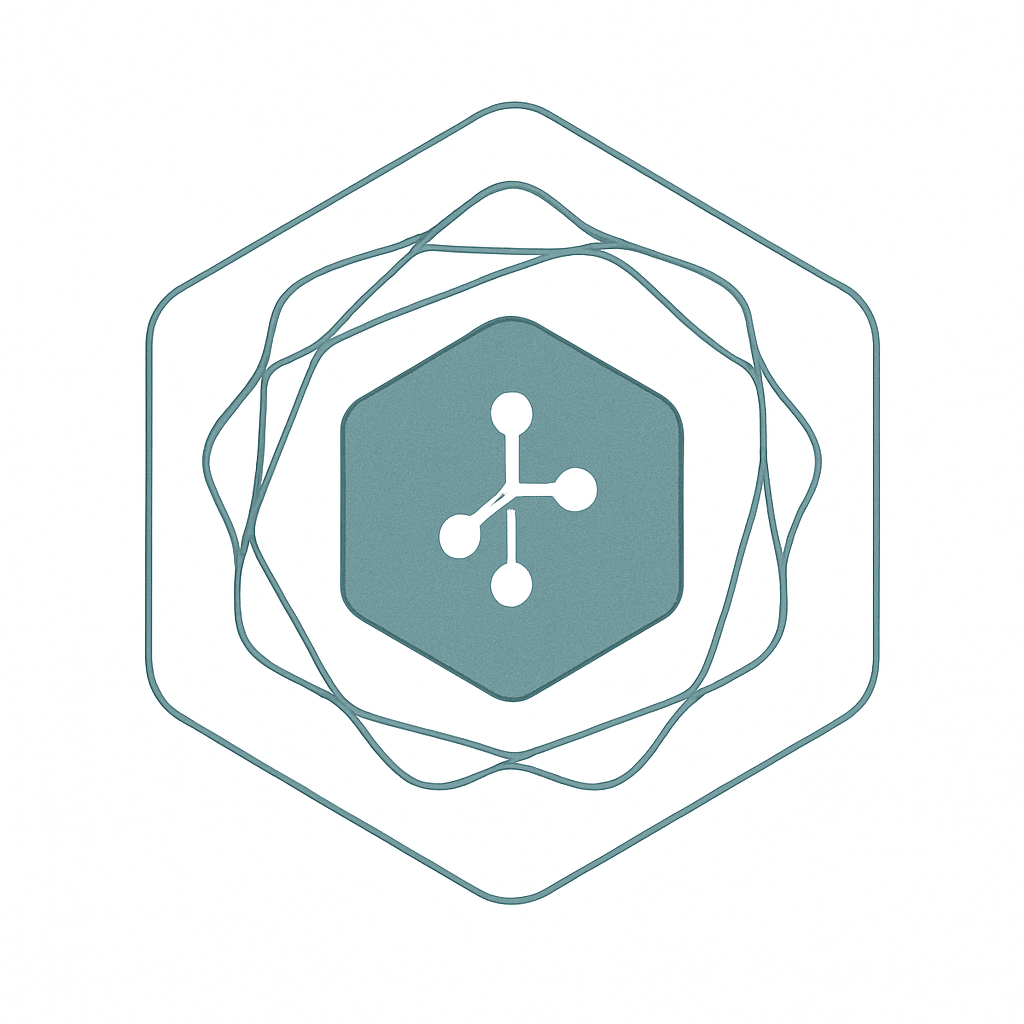ICTV-git Documentation

Git-based Viral Taxonomy Management System
ICTV-git API Usage Examples
Note: We’ve significantly upgraded our API! For the complete REST API documentation with 30+ endpoints, see api_reference.md.
Starting the API Server
# Create virtual environment (if not already done)
python3 -m venv ictv_api_env
source ictv_api_env/bin/activate
# Install dependencies
pip install -r requirements_api.txt
# Start the production API server
python scripts/run_api_server.py --dev
# API will be available at:
# http://localhost:8000
# Interactive docs: http://localhost:8000/docs
New API Features
Our production REST API now includes:
- 30+ endpoints across 4 modules (Taxonomy, Historical, AI, Search)
- AI-powered natural language queries - Ask questions in plain English
- 20-year historical tracking - All MSL releases from 2005-2024
- Advanced search with faceted filtering
- Auto-generated documentation at
/docs
Quick Examples
Natural Language Query
curl -X POST http://localhost:8000/ai/query \
-H "Content-Type: application/json" \
-d '{"query": "What happened to Caudovirales in 2019?"}'
Search with Filters
curl -X POST http://localhost:8000/search/species \
-H "Content-Type: application/json" \
-d '{"query": "coronavirus", "family_filter": "Coronaviridae", "limit": 10}'
Historical Comparison
curl http://localhost:8000/historical/compare/MSL35/MSL40
For complete API documentation, see api_reference.md.
Legacy API Examples (for reference)
1. Get Available Versions
# List all available MSL versions with statistics
curl http://localhost:8000/api/v1/versions
Response:
[
{
"version": "MSL36",
"total_species": 9110,
"total_genera": 2224,
"total_families": 233,
"total_orders": 65,
"total_realms": 6,
"year": 2021
},
...
]
2. Get Species Information
# Get specific species by name
curl http://localhost:8000/api/v1/species/MSL38/Severe%20acute%20respiratory%20syndrome-related%20coronavirus
Response:
{
"scientific_name": "Severe acute respiratory syndrome-related coronavirus",
"classification": {
"realm": "Riboviria",
"kingdom": "Orthornavirae",
"phylum": "Pisuviricota",
"class": "Pisoniviricetes",
"order": "Nidovirales",
"family": "Coronaviridae",
"genus": "Betacoronavirus"
},
"genome": {
"type": "ssRNA(+)",
"size": "29903 bp"
},
"hosts": ["Homo sapiens", "Rhinolophus affinis"]
}
3. Search Species
# Search for species by name
curl "http://localhost:8000/api/v1/search?q=coronavirus&version=MSL38&limit=5"
# Search by family
curl "http://localhost:8000/api/v1/search?q=Coronaviridae&version=MSL38&field=family"
# Search by host
curl "http://localhost:8000/api/v1/search?q=human&version=MSL38&field=host"
4. Get Taxonomic Groups
# Get all species in a family
curl http://localhost:8000/api/v1/taxonomy/MSL38/family/Coronaviridae
# Get all species in a genus
curl http://localhost:8000/api/v1/taxonomy/MSL38/genus/Betacoronavirus
# Get all species in a realm
curl http://localhost:8000/api/v1/taxonomy/MSL38/realm/Riboviria
5. Compare Versions
# Get comparison summary
curl http://localhost:8000/api/v1/compare/MSL37/MSL38
# Get detailed comparison
curl http://localhost:8000/api/v1/compare/MSL37/MSL38/details
# Get only reclassified species
curl "http://localhost:8000/api/v1/compare/MSL37/MSL38/details?change_type=reclassified"
6. Species History
# Get complete history of a species across all versions
curl http://localhost:8000/api/v1/history/Tobacco%20mosaic%20virus
7. Generate Citations
# Generate standard citation for a species
curl -X POST "http://localhost:8000/api/v1/citation" \
-H "Content-Type: application/json" \
-d '{"species_name": "Tobacco mosaic virus", "version": "MSL38", "format": "standard"}'
# Generate BibTeX citation
curl -X POST "http://localhost:8000/api/v1/citation" \
-H "Content-Type: application/json" \
-d '{"species_name": "Tobacco mosaic virus", "version": "MSL38", "format": "bibtex"}'
# Generate citation for taxonomic group
curl -X POST "http://localhost:8000/api/v1/citation" \
-H "Content-Type: application/json" \
-d '{
"taxonomic_group": {"rank": "family", "name": "Coronaviridae"},
"version": "MSL38",
"format": "standard"
}'
8. Bulk Data Download
# Download all species in JSON format
curl http://localhost:8000/api/v1/bulk/species/MSL38 -o msl38_all_species.json
# Download as CSV
curl "http://localhost:8000/api/v1/bulk/species/MSL38?format=csv" -o msl38_all_species.csv
# Download filtered by family
curl "http://localhost:8000/api/v1/bulk/species/MSL38?format=csv&family=Coronaviridae" \
-o coronaviridae_species.csv
# Download filtered by realm
curl "http://localhost:8000/api/v1/bulk/species/MSL38?format=json&realm=Riboviria" \
-o riboviria_species.json
9. Diversity Statistics
# Get comprehensive diversity statistics for a version
curl http://localhost:8000/api/v1/stats/diversity/MSL38
Response includes:
- Total species count
- Number of taxa at each rank
- Genome type distribution
- Host distribution (top 20)
- Largest families
- Most diverse genera
Python Client Examples
import requests
# Base URL for the API
BASE_URL = "http://localhost:8000"
# Get all versions
response = requests.get(f"{BASE_URL}/api/v1/versions")
versions = response.json()
print(f"Available versions: {[v['version'] for v in versions]}")
# Search for species
params = {
"q": "coronavirus",
"version": "MSL38",
"field": "all",
"limit": 10
}
response = requests.get(f"{BASE_URL}/api/v1/search", params=params)
results = response.json()
print(f"Found {results['total_results']} species matching 'coronavirus'")
# Get species history
species_name = "Tobacco mosaic virus"
response = requests.get(f"{BASE_URL}/api/v1/history/{species_name}")
history = response.json()
print(f"First appearance: {history['first_appearance']}")
print(f"Last appearance: {history['last_appearance']}")
# Compare versions
response = requests.get(f"{BASE_URL}/api/v1/compare/MSL37/MSL38")
comparison = response.json()
print(f"Species added: {comparison['species_added']}")
print(f"Species reclassified: {comparison['species_reclassified']}")
# Generate citation
citation_data = {
"species_name": "Severe acute respiratory syndrome-related coronavirus",
"version": "MSL38",
"format": "bibtex"
}
response = requests.post(f"{BASE_URL}/api/v1/citation", json=citation_data)
citation = response.json()
print(citation['citation'])
R Client Example
library(httr)
library(jsonlite)
# Base URL
base_url <- "http://localhost:8000"
# Get versions
versions <- GET(paste0(base_url, "/api/v1/versions")) %>%
content(as = "text") %>%
fromJSON()
# Search for species
search_results <- GET(
paste0(base_url, "/api/v1/search"),
query = list(
q = "coronavirus",
version = "MSL38",
limit = 10
)
) %>%
content(as = "text") %>%
fromJSON()
# Get all species in a family
family_species <- GET(
paste0(base_url, "/api/v1/taxonomy/MSL38/family/Coronaviridae")
) %>%
content(as = "text") %>%
fromJSON()
# Download bulk data as CSV
download.file(
paste0(base_url, "/api/v1/bulk/species/MSL38?format=csv&family=Coronaviridae"),
destfile = "coronaviridae_species.csv"
)
Rate Limiting and Best Practices
- Bulk Downloads: For large datasets, use the bulk download endpoints rather than making individual requests
- Caching: Cache responses locally to avoid repeated requests
- Versioning: Always specify the MSL version in your requests for reproducibility
- Error Handling: Check response status codes and handle errors appropriately
- Citation: Use the citation endpoint to generate proper citations for your research
Error Responses
The API returns standard HTTP status codes:
200: Success404: Resource not found (e.g., invalid version or species name)400: Bad request (e.g., invalid parameters)422: Validation error (e.g., missing required fields)500: Internal server error
Error responses include a detail message:
{
"detail": "Version MSL99 not found"
}